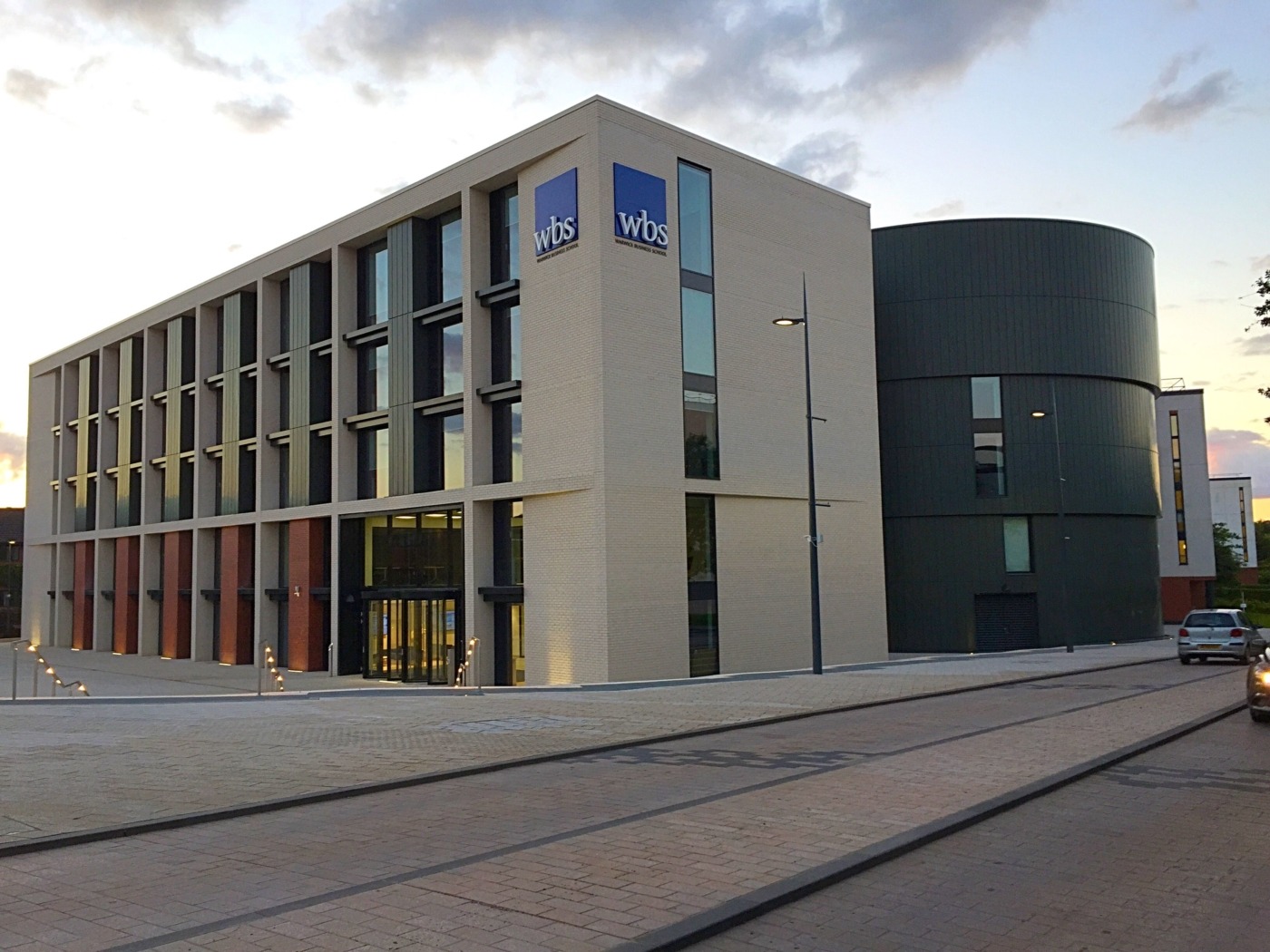The versatility of the MBA
The Financial Times ranks the Warwick Business School’s (WBS) full-time MBA as fifth in the UK, and forty-first globally. With notable alumni including Andy Haldane, Chief Economist and Executive Director of Monetary Analysis and Statistics at the Bank of England, and Linda Jackson, the current CEO of Citroën. The Masters of Business Administration (MBA) involves a broad spectrum of business-related topics including accounting, statistics, economics, communications, management and entrepreneurship. There is a broad appeal because of the opportunity for career progression however in fact this conceals the versatility of the course.
The course prepares students for a diverse range of careers: working for financial institutions such as banks, management positions or as founders of startup companies.
Students ‘‘can gain the knowledge and skills necessary to change career paths, industries, countries, or all three, while also boosting their earning potential.’’
One could argue that apart from being a career enhancer it provides the business credentials for a career switch. Take for example former footballer Scott Ward, retiring from football at the age of 26 with only one A level who enrolled in WBS to do an MBA. Now he is a Director in the People Advisory Services team at Ernst & Young (EY), helping athletes to enhance their business skills. Thus a major appeal of the qualification is that, as Andy Lockett, Professor and Dean of WBS illustrates, students ‘‘can gain the knowledge and skills necessary to change career paths, industries, countries, or all three, while also boosting their earning potential.’’
This is why the MBA appeals to a wide demographic of individuals. Only a decade ago, there was a sixteen-year age gap between the oldest and youngest student at the full-time MBA course at Cass Business School; now the gap is forty-three years. This diversity of experience is one of the main advantages of doing an MBA. Matthew Green’s cohort included a vet who specialised in koala reproduction, a Director of Budweiser and a diamond miner. Mr. Green, who did an MBA at Henley Business School, was previously a consultant, aiding multinational companies to improve their internal communications and external marketing strategies. He found the diversity of the MBA experience enriched the debates over business case studies.
The different experiences that students bring to the degree mean that their motivations for undertaking the course are distinct, as Dr. Beleska-Spasova illuminates. She said: ‘‘Those who commence their study later in their careers […] focus on personal development and developing others,’’ whilst those students at the ‘‘early stages of their career, their focus is often on professional development’’. An MBA can also be great for networking purposes. Respondents to the Financial Times 2017 MBA ranking survey listed networking as one of the top three reasons for getting a degree. Bringing together ambitious professionals leads to connections that are beneficial in the long term.
An MBA from a top-tier business school can help you stand out to an employer, however given the pace at which business changes it is imperative to be a continuous-learner
Although there are clear benefits to an MBA, whether is it actually a worthwhile investment must be considered. The fact is that an MBA is a considerable investment. Tuition fees at WBS for 2019 entry £39,950, and embarking on an MBA could mean a loss of potential earnings, as it involves time away from the workplace. David Simpson, Admissions Director at London Business School, says: ‘‘MBAs are expensive, so you want to be sure, if you are borrowing £50,000 for your fees, that this is a good investment.’’
There are also suggestions of a move away from the MBA. “I think the MBA has peaked”, says Arnoud De Meyer, former Dean of Insead, Europe’s highest ranked school. For example, Kings College London have opened business schools without an MBA option, claiming that their corporate advisors no longer see a need for the qualification. Thus the future of the MBA is uncertain.
Whether the MBA is worthwhile depends on your motivations, as it principally geared towards a business-related career. An MBA from a top-tier business school can help you stand out to an employer, however given the pace at which business changes it is imperative to be a continuous-learner. Overall, undertaking an MBA is a great opportunity to learn for career or personal development purposes, but it is only a part of an imperative to be a continuous learner in an economy that is constantly evolving.

Comments (1)